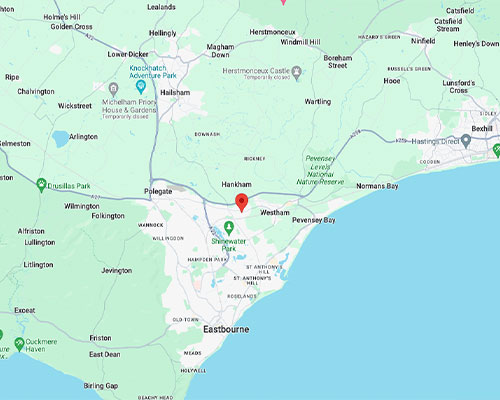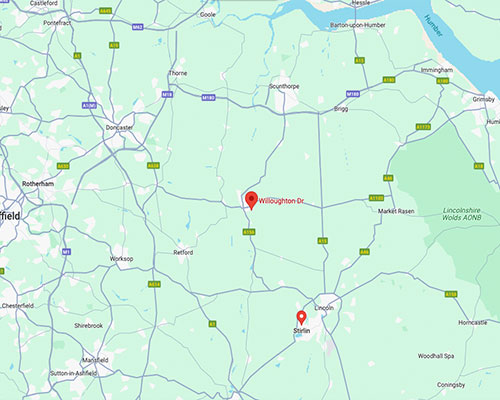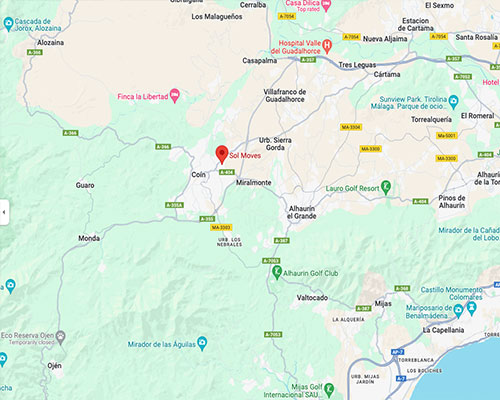Losing a loved one is an incredibly challenging experience, and sorting through their personal belongings can be an emotionally charged task. It’s a process that often brings a flood of memories and emotions. In this guide, brought to you by SOL Moves, we’ll provide you with practical advice and compassionate insights on how to approach the task of sorting through personal belongings after the death of a loved one. We understand the delicate nature of this process and aim to help you navigate it with care and respect.
A Guide to Sorting Through Personal Belongings After Death
1. Take Your Time
Sorting through a loved one’s belongings can be overwhelming. It’s important to recognize that there is no set timeline for this process. Take the time you need, and don’t rush yourself or others involved.
2. Involve Family and Friends
Consider involving close family members and friends in the process. Sharing the task can provide emotional support, and everyone can contribute to decisions about what to keep, donate, or discard.
3. Start with Small Steps
Begin with small tasks, like organizing a single room or going through a specific type of item (e.g., clothing). Gradually, work your way through the entire home. Breaking the process into manageable steps can make it less overwhelming.
4. Prioritize Personal Items
Start by prioritizing personal items that hold significant sentimental value, such as letters, photographs, and diaries. These are treasures that can bring comfort and memories in the future.
5. Be Mindful of Emotions
Expect a wide range of emotions during this process, including sadness, grief, and nostalgia. It’s completely natural to feel overwhelmed. Allow yourself to experience these emotions as they come.
6. Seek Support if Needed
If you find that the emotional toll is too much to bear alone, consider seeking support from a grief counsellor or therapist. They can provide guidance and strategies for coping with the process.
7. Create a Sorting System
Develop a system for categorizing items, such as “keep,” “donate,” “give to family,” and “discard.” This helps streamline the process and ensures that everyone involved understands the decisions being made.
8. Start with Practical Matters
Begin by addressing practical matters, such as financial documents, bills, and insurance policies. These items are essential for handling the deceased person’s affairs.
9. Contact Professionals
If necessary, consult professionals like lawyers, accountants, and estate planners to ensure that legal and financial matters are addressed appropriately.
10. Preserve Memories
Consider creating a memory book or digital archive of photographs and mementoes. This can be a beautiful way to preserve memories and share them with future generations.
11. Communicate with Family
Open communication with family members is crucial. Discuss decisions about who will inherit specific items, especially those with sentimental value.

12. Handle Valuables Carefully
If there are valuable items like jewellery or collectables, it’s advisable to have them appraised to determine their worth before making any decisions about their distribution.
13. Tackle Personal Spaces Last
Save the deceased person’s personal spaces, such as their bedroom, for last. This can be emotionally challenging, so it’s often helpful to work through other areas of the home first.
14. Donate to Charity
Consider donating items in good condition to charity. It can be comforting to know that your loved one’s belongings are benefiting others in need.
15. Consult Legal Documents
Review the deceased person’s will, if available, to ensure that their wishes regarding their belongings are honoured.
16. Digital Assets
Don’t forget about digital assets. Consider how to handle email accounts, social media profiles, and digital files. These may need to be managed or preserved.
17. Seek Professional Help for Property Sale
If the deceased person owned property, consider consulting a real estate agent or property expert to handle the sale or transfer of the property.
18. Safeguard Personal Information
Dispose of sensitive personal information, such as old passports and credit cards, securely to prevent identity theft.
19. Document the Process
Keep a record of the decisions and actions taken during the sorting process. This can be helpful for legal and organizational purposes.

20. Consider Keepsakes
Allocate specific keepsakes or mementoes to family and friends who may appreciate having a tangible reminder of your loved one.
21. Donate Unused Medical Supplies
Unused medical supplies or equipment can be donated to organizations or individuals in need.
22. Recycle and Dispose Responsibly
Dispose of unwanted items responsibly. Recycle when possible and discard hazardous materials according to local regulations.
23. Celebrate Memories
Take breaks to reminisce and celebrate memories with family and friends. Sharing stories can provide comfort and healing.
24. Respect Individual Grieving Processes
Remember that each person grieves differently. Be understanding and patient with family members who may have varying emotions and needs during this process.
25. Seek Closure
As you complete the sorting process, take time to reflect on your journey and seek closure. Acknowledge the love and memories that will endure.
Sorting through a loved one’s belongings after their death is a challenging but necessary task. It’s an opportunity to honour their life, memories, and legacy. By approaching the process with care.



